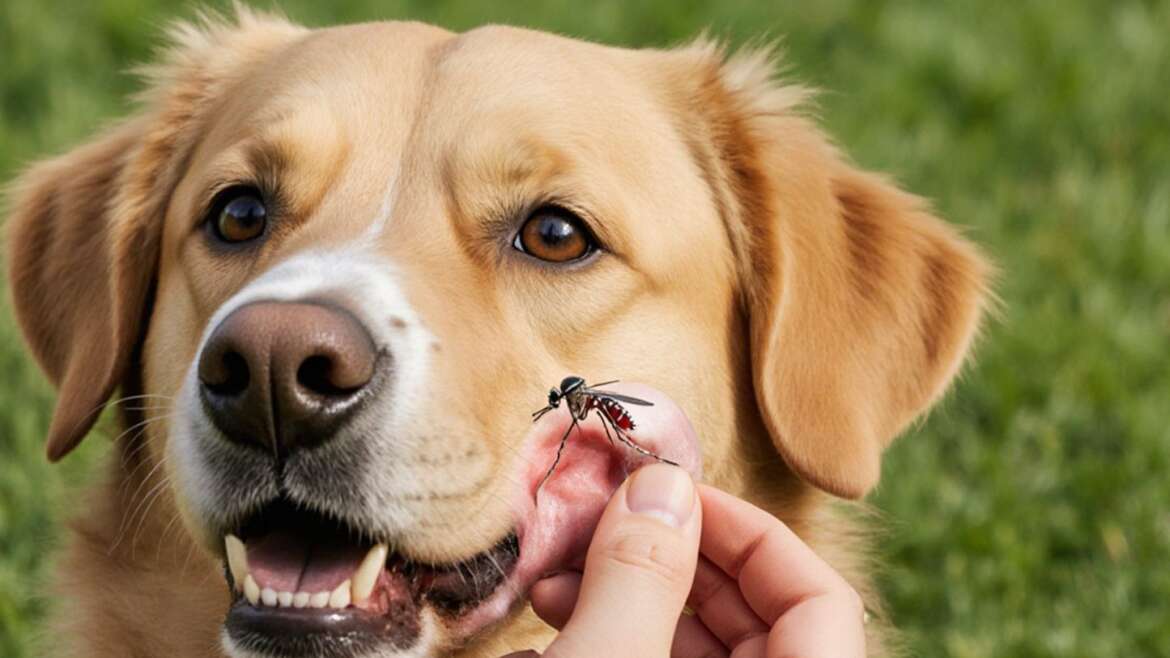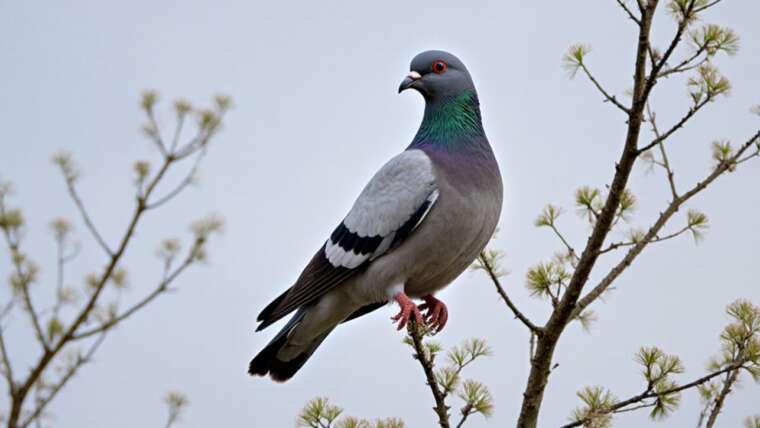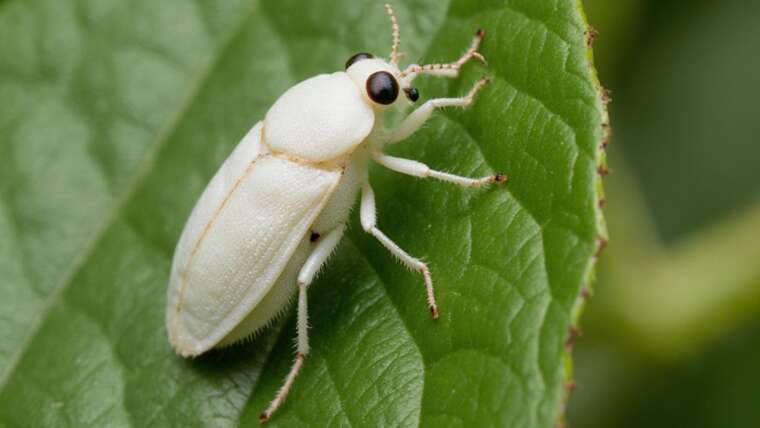Understanding how mosquitoes impact our dogs is crucial for any responsible pet owner. This article delves into how mosquitoes bite dogs and provides comprehensive strategies for keeping your furry friends safe from these pesky pests.
- Like humans, dogs are vulnerable to mosquito bites and the associated discomfort.
- Mosquitoes transmit diseases through pathogens in their saliva when they bite.
- Heartworms, carried by mosquitoes, pose the most significant risk to dogs.
- The most effective way to safeguard your canine companion is to prevent mosquito bites altogether.
Indeed, dogs can suffer from mosquito bites, experiencing the same itching and irritation as humans. Beyond discomfort, bites can also expose them to serious conditions such as heartworms, West Nile virus, Eastern equine encephalitis, and lupus.
Even dogs with thick fur are not immune; bites may still occur in vulnerable areas like the ears and nose. Understanding how to shield your dog from mosquito bites will help maintain their health and happiness.
Jump to section:
How can I tell if my dog was bitten by a mosquito?
If you suspect your dog has been bitten, look for these symptoms:
- Constant scratching and biting at the skin.
- Rubbing ears or nose against rough surfaces for relief.
- Red, raised bumps or welts resembling human mosquito bites.
In addition to the local irritation from bites, your dog may also show symptoms that suggest a more severe systemic illness caused by a mosquito-borne parasite infection, including:
- Coughing or unusual respiratory difficulties.
- Increased lethargy or signs of depression.
- Reduced exercise tolerance.
- Loss of appetite or noticeable weight loss.
Tip: Regularly check your dog’s skin, especially in warmer months, as early detection of bites can prevent further complications.
How do mosquito-borne diseases spread?
Mosquitoes acquire disease-causing pathogens from infected hosts during blood meals. As they feed on other beings, these pathogens may subsequently spread. Factors influencing a mosquito’s ability to transmit diseases include:
- Mosquito Saliva: Diseases are usually transmitted through the saliva that mosquitoes inject while feeding.
- Pathogen Survival: The pathogens must remain viable within the mosquito until they are passed on through a subsequent blood meal.
- Digestive System: The pathogens must survive the mosquito’s digestive process to reach the saliva.
- Mosquito Species: Only specific mosquito species can transmit certain diseases, making the risk vary by location.
Heartworm stands out as the most prevalent infection transmitted from mosquitoes to dogs, particularly along the Atlantic and Gulf coasts and in certain Midwestern and North-central states.
Tip: Stay informed about the local mosquito population and seasonal trends, as this can help you anticipate and prepare for potential risks.
How can I protect my dog from heartworm?
To effectively shield dogs from heartworms, it’s crucial to provide monthly preventative heartworm medications year-round, as recommended by your veterinarian, especially if you live in endemic areas.
While heartworm medication is vital, it’s important to note that it does not repel mosquitoes. Therefore, dogs can still be bitten and infected, though the medication will prevent disease progression.
Tip: Schedule regular veterinary check-ups to monitor your dog’s heartworm status and ensure that your preventative measures remain effective.
Can I prevent mosquitoes from biting my dog?
The best way to safeguard your dog from mosquito-borne diseases is by preventing bites altogether. Here are some effective strategies for reducing mosquito habitats around your home:
- Eliminate any containers that can hold stagnant water, such as pet bowls, decorative ponds, or tires.
- Ensure water in flowerpots and planters drains properly to avoid pooling.
- Mow your lawn regularly to eliminate tall grass that may harbor mosquitoes.
- Change the water in birdbaths and children’s pools at least weekly. Turn them upside down when not in use.
- Keep rain gutters unclogged and dry to prevent overflow.
- Drain puddles or ditches around your home that can serve as breeding grounds.
- Seal any entry points that may allow mosquitoes into your home.
- Consider hiring a pest control specialist to treat your yard for remaining mosquito populations.
Tip: Alongside these preventative measures, consider using mosquito-repellent mesh or sprays designed specifically for pets, which can add a layer of protection during outdoor outings.
Terminix® offers a long-lasting mosquito solution that can protect your yard for weeks, ensuring a mosquito-free environment for you, your pets, and outdoor events. Get started with Terminix today for added peace of mind.





